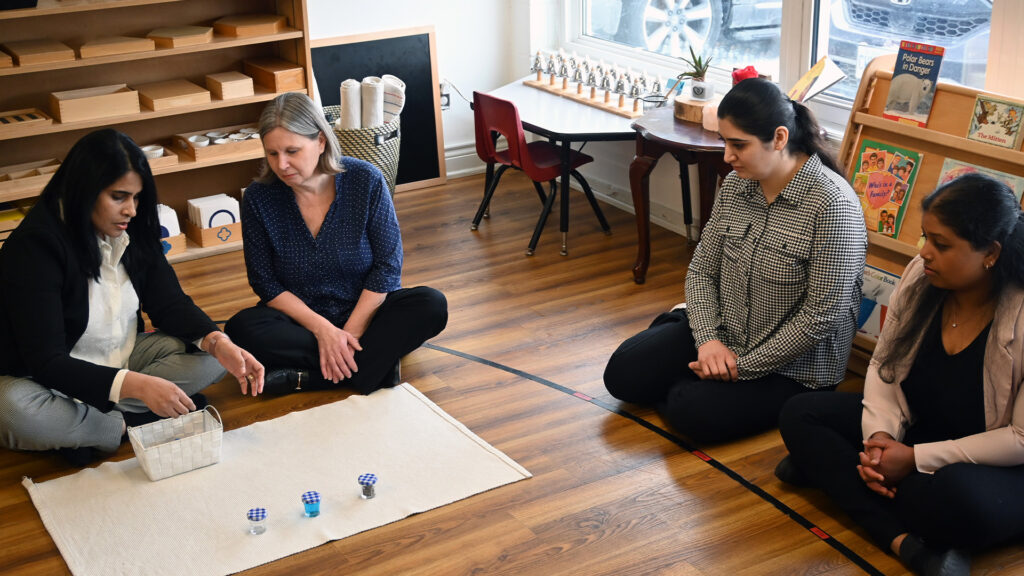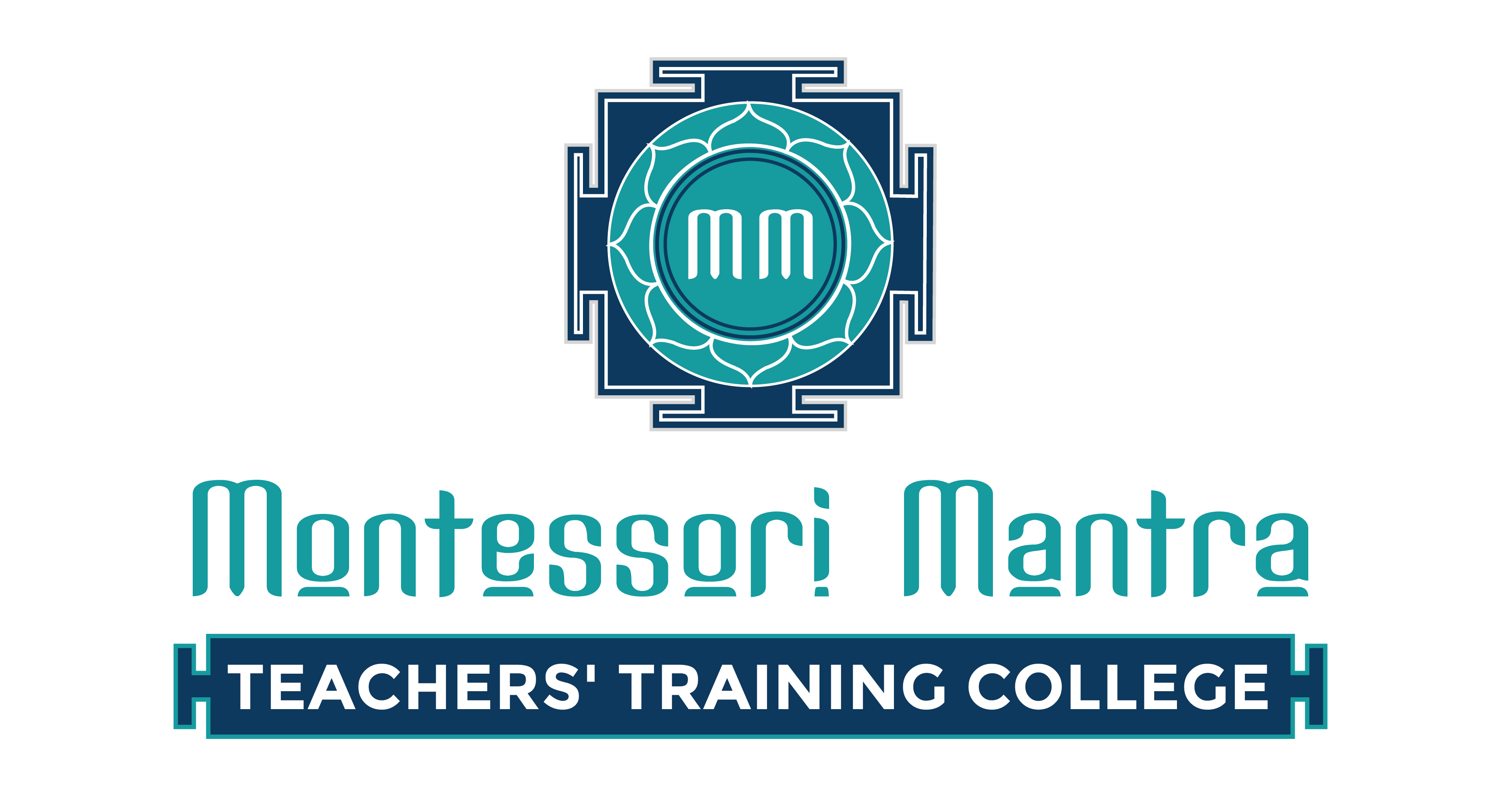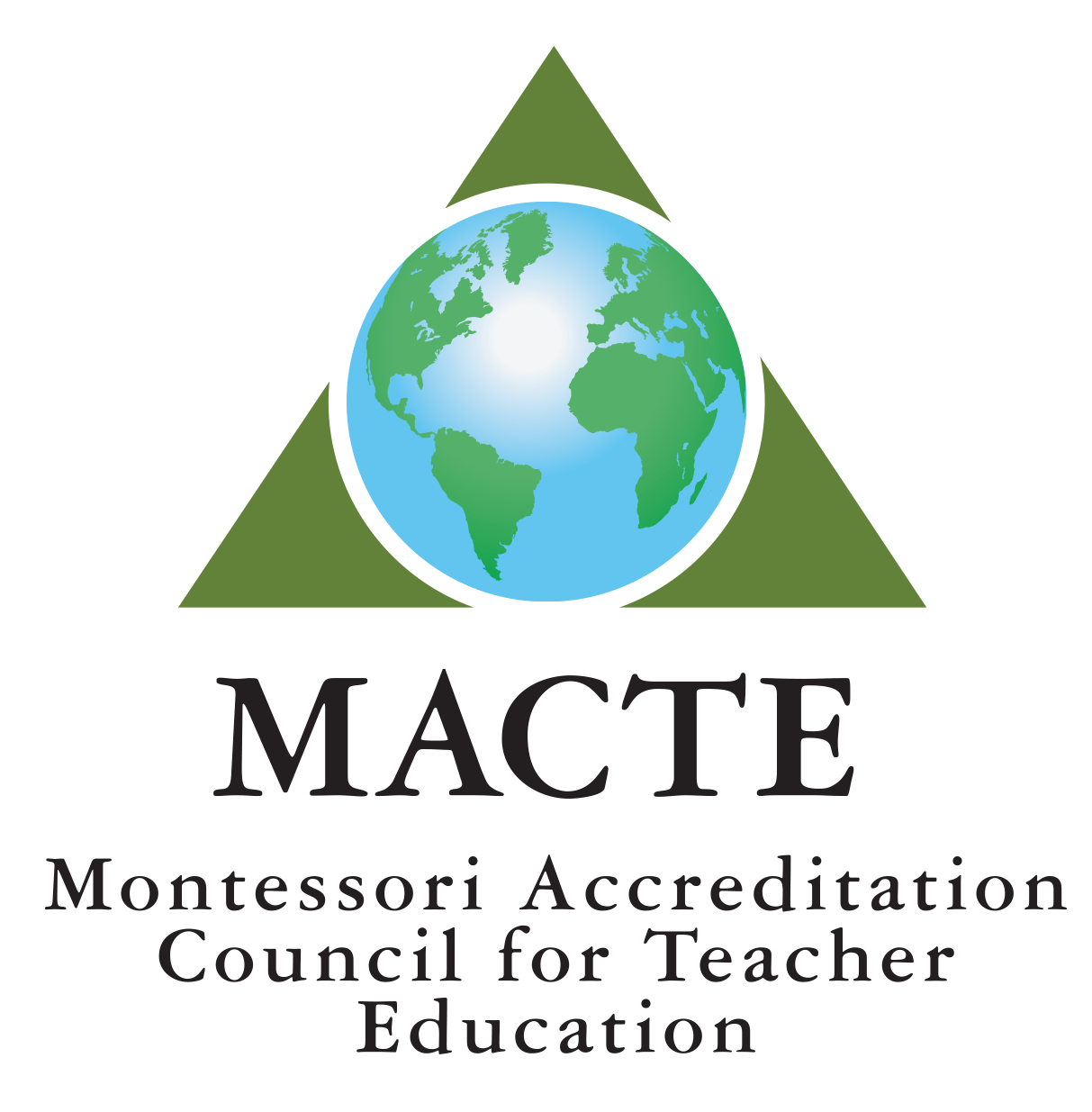
Montessori education has grown far beyond its origins in Italy, with schools in over 140 countries embracing its unique approach to learning. From small rural communities to bustling urban centers, Montessori education is making a significant impact on children’s development across the globe. Its child-centered philosophy and emphasis on independence, exploration, and respect for the individual have helped reshape education in countless ways. Here’s how Montessori education is making a difference worldwide.
Promoting Global Citizenship
One of the key principles of Montessori education is fostering respect for others and the world around us. In Montessori classrooms, children are exposed to lessons that cultivate global awareness and empathy. Montessori’s cultural studies curriculum introduces children to different countries, traditions, and languages, helping them understand and appreciate diversity. This early exposure to global perspectives helps children become more compassionate, open-minded individuals who are prepared to be thoughtful global citizens.
Supporting Education in Developing Nations
Montessori education has been adopted in many developing countries as a powerful tool for improving educational outcomes. Its hands-on, child-centered approach is particularly effective in resource-limited settings, where traditional methods may not be as accessible. Montessori schools in countries like India, Tanzania, Kenya, and Nepal have empowered children from underserved communities by providing them with high-quality, interactive education that builds critical thinking and problem-solving skills.
Empowering Girls Through Education
In regions where girls have traditionally had limited access to education, Montessori programs have played a transformative role. By creating inclusive and supportive learning environments, Montessori schools help girls build confidence and achieve their academic potential. Montessori’s focus on practical life skills and academic growth gives girls the tools they need to succeed in school and beyond, breaking down barriers and creating opportunities for their future.
Addressing Special Needs Education Globally
Montessori education is also making strides in supporting children with special needs around the world. With its flexible, individualized approach, Montessori schools are uniquely equipped to meet the needs of children with learning disabilities, developmental challenges, or other special requirements. Montessori classrooms provide an environment where children can learn at their own pace and receive the support they need, whether they are in urban centers or rural communities.
Creating Lifelong Learners
Montessori education doesn’t just focus on early childhood; its principles extend throughout a child’s academic journey and into adulthood. By fostering a love of learning and an independent mindset, Montessori students become lifelong learners. This approach is helping students around the world develop the resilience, adaptability, and problem-solving skills needed to navigate the challenges of an ever-changing global landscape.
A Global Educational Movement
Montessori education’s impact stretches far beyond individual classrooms. By promoting global citizenship, empowering girls, supporting special needs education, and influencing educational reform, Montessori is shaping a more inclusive, thoughtful, and innovative world. As more countries embrace its principles, Montessori education continues to make a lasting difference for children everywhere.


